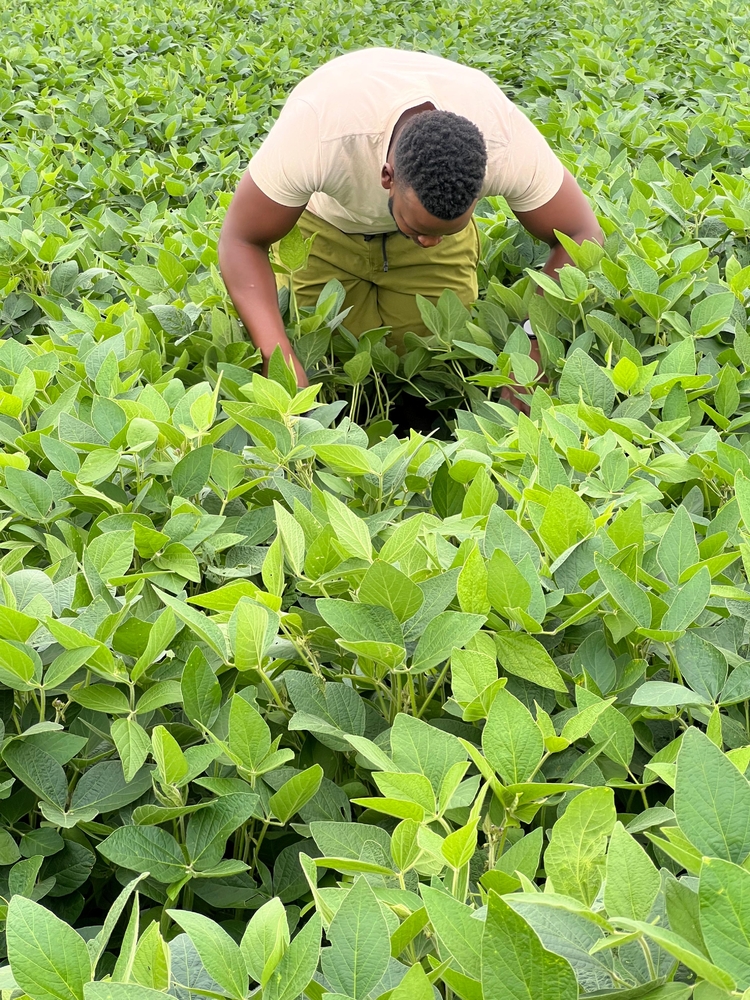A blended finance initiative aimed at agricultural businesses in the Eastern Cape is driving the growth, competitiveness, and productivity of 30 agri-entrepreneurs who have received a total of R50.5 million in funding since the program’s launch in 2023.
The scheme, a collaboration between the Eastern Cape Development Corporation (ECDC) and the Eastern Cape Rural Development Agency (ECRDA), disbursed R50.5 million to qualifying agricultural businesses in the region. The funding was split between loans and incentives, with the ECRDA contributing R33.3 million towards the incentive portion and the ECDC earmarking R25 million for loan funding. By December 31, 2024, R28.3 million had been allocated as incentives, and R22.2 million had been distributed as loans. The 30 funded businesses are located in the Amathole, Chris Hani, Sarah Baartman, OR Tambo, and Alfred Nzo district municipalities, as well as the Nelson Mandela Bay and Buffalo City metros.
The funded farmers are involved in producing a wide range of agricultural products, including beef, dairy, poultry, sorghum, cannabis, maize (both yellow and white), macadamia nuts, and seasonal crops like spinach and cabbage.
An Overwhelming Response
“The response to the scheme has been overwhelming, to the point where we were unable to fund all applicants due to limited resources,” said Zinzile Nkonki, ECDC’s executive manager for enterprise finance and business support. The scheme primarily funds input costs, production, and processing equipment for qualifying applicants based on their business plans. This includes funding for fertilizers, seeds, irrigation, mechanization, livestock feed, and other agricultural activities that generate a clear income stream. It also covers asset-based financing for tractors, vehicles, machinery, and other essential agricultural equipment.
The ECDC and ECRDA launched the Agri-Blended Finance Scheme to promote access to finance for agri-businesses within the agricultural value chain. This initiative offers de-risked loans, addressing the challenges the sector faces in securing funding due to its high-risk nature.
Unlocking Potential Across Agri-Sectors
One of the notable beneficiaries, LM Holdings, operates 15 co-operatives based in Idutywa, farming sorghum, maize, soybeans, and other grains. The scheme provided R3.9 million to the business, with R1.9 million as an incentive and R1.9 million as a loan. The funding helped LM Holdings acquire production inputs, such as planters, boom sprayers, and harvesters. Their market includes United National Breweries in Durban. LM Holdings has cultivated a total of 1,800 hectares across several cooperatives, growing crops like sorghum, soybean, sunflower, and maize.
Jay Jay Farming, based in rural Mputhi near Mthatha and founded by young entrepreneurs Mzimasi Jalisa (29) and Siphe Joyi (31), received R2.2 million from the scheme. Of this, R1.084 million was an incentive, and R1.1 million was a loan. The funds were used to procure maize crop production inputs, build storage infrastructure, and cover working capital costs. Jay Jay Farming has planted 202 hectares of white maize and 130 hectares of soybeans, employing 15 permanent workers and an additional 15 seasonal workers.
In Mthatha, EC Poultry received R1.026 million from the scheme, with R706,400 as an incentive and R320,367 as a loan. The funding enabled the business to purchase feed, medication, and vaccines, as well as develop infrastructure, including a solar-powered borehole and fencing. EC Poultry sells eggs to local markets and cabbages to hawkers and residents. The farm has a strong relationship with the Department of Defence, which is considering it as a supplier for its branches.
Tailored Repayment Plans
The farmers participating in the scheme are repaying the loan portion based on their specific revenue cycles. For instance, maize farmers typically repay after their harvest from June to August, while beef cattle farmers repay after selling weaners. The repayment terms take into account factors such as gestation periods for livestock and the growing seasons for crops, ensuring the repayment schedule aligns with their business activities.
In conclusion, Nkonki emphasized that the Agri-Blended Finance Scheme is designed to boost the agricultural sector by offering flexible financial solutions that cater to the unique needs of Eastern Cape’s agri-entrepreneurs. Through these efforts, the scheme is unlocking the potential of smallholder farmers, empowering them to expand their businesses, increase productivity, and contribute to the region’s economic growth.


